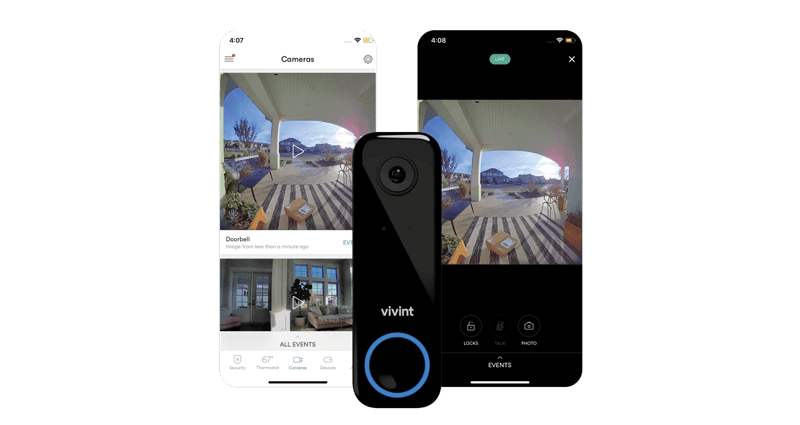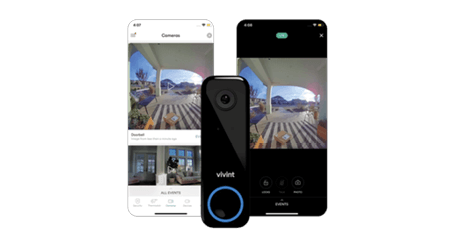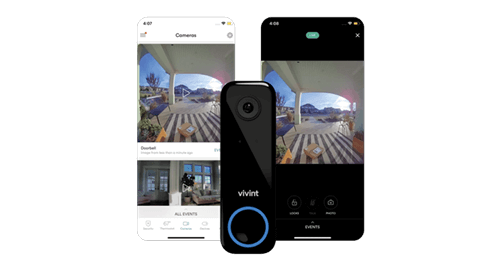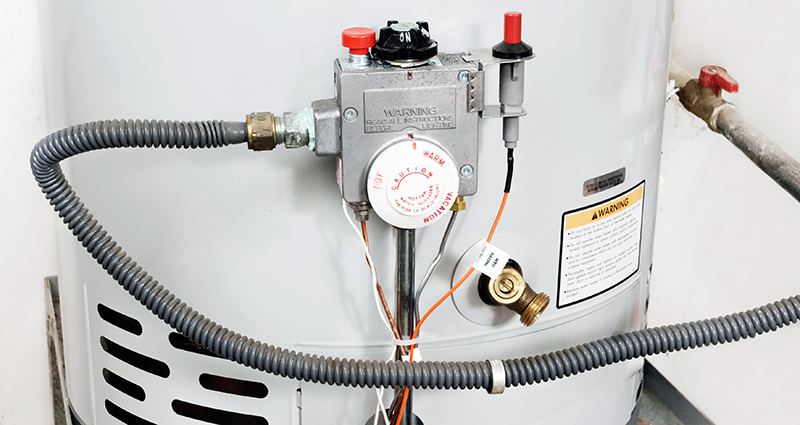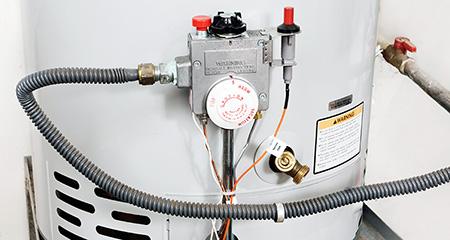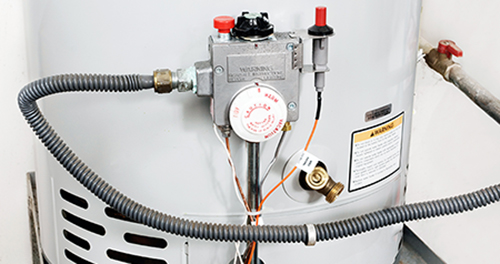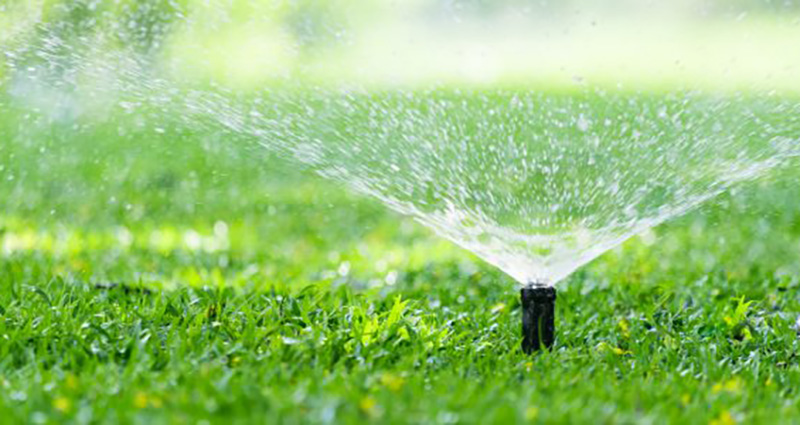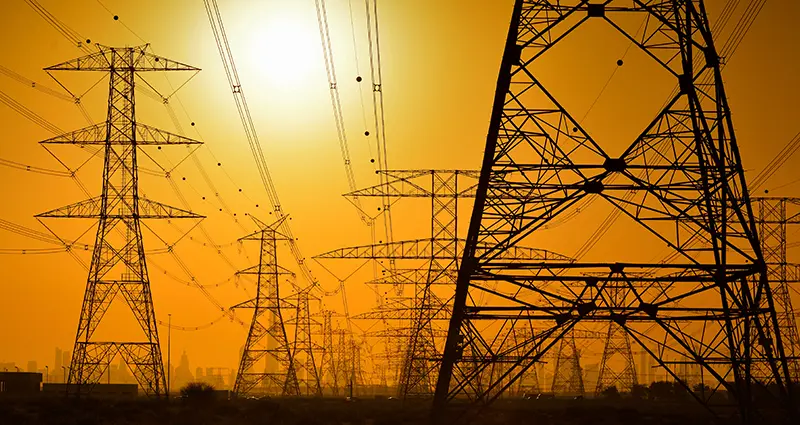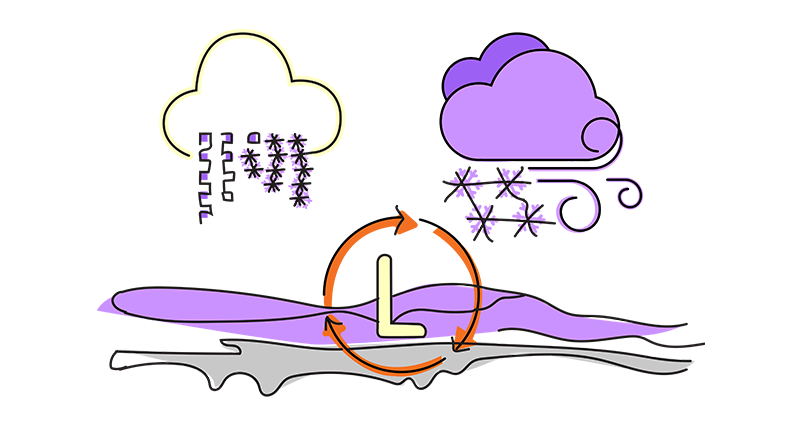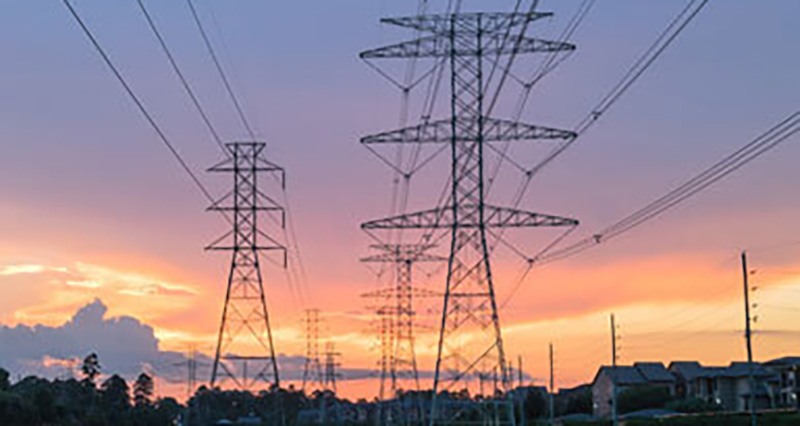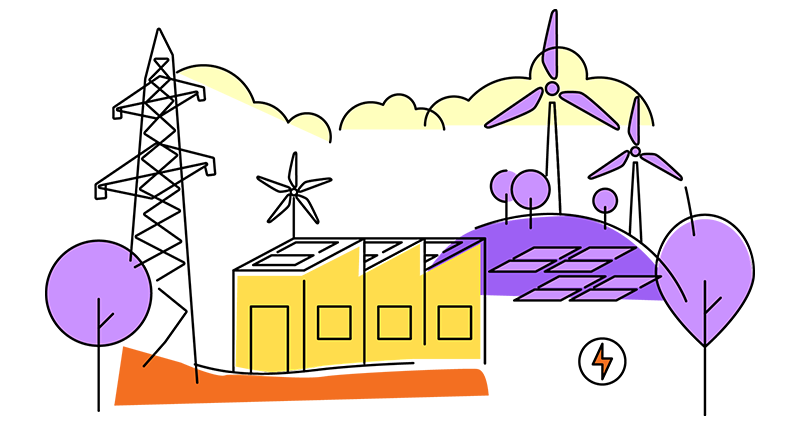How much electricity does a hot water heater use?
Exactly how many watts an electric water heater uses depends on several variables, including: the age and size of the unit, whether it's a tank or on-demand model, what temperature you set it to, how much hot water you use in a day, and other factors.
You can come up with a cost estimate by multiplying the amount of watts your heater uses times the price you pay per kWh, times the number of hours the heater is active per day, then divide the total by 1,000.
Typically, a hot water heater that uses a tank will run for 3 to 5 hours per day. So, a 4,000-watt heater used for 3 hours a day at 10¢ per kWh will cost $1.20 per day, about $36.50 per month, or $438 per year.
How much gas does a hot water heater use?
If you use a gas hot water heater, the same factors affect the cost as with their electric cousins. The formula for estimating your bill is similar as well: multiply the therms your heater uses per hour times the number of hours it runs, times the price you pay for therms.
For example, if you pay $1 per therm and use a heater that consumes .205 therms per hour for 3 hours per day, your totals come to about 62¢ per day, $18.70 per month, or $224 per year.
Gas vs. electric water heater monthly cost
Generally speaking, a gas water heater costs less per month than an electric model, since natural gas prices tend to be lower than the cost of electricity.
Going by the examples given above, where the electric heater costs $438 vs. $224 for gas, you would save $214 per year using gas, although the exact numbers you see would depend on all the other variables in play, like the efficiency of your unit.
To refine your calculations, know that the amount of gas your hot water heater uses will depend on its Energy Factor, or EF rating. The higher the number, the better, with the most efficient models reflecting around .67 or 67¢ on the dollar.
If you need to purchase an electric water heater, look for models with EF ratings in the 90s. You can also look for models that use alternative methods of heating the water, such as solar heaters or heat pumps.
How much electricity does a tankless water heater use?
Tankless water heaters warm up water on demand rather than storing a reservoir that is kept hot at all times. Generally speaking, these units will consume less energy than a traditional hot water heater, which also requires you flush it from time to time to maintain its efficiency.
How much electricity tankless water heaters use will still depend on the demand you create in your home. Since they don't need to heat water when you aren't using them, tankless heaters may only run for 2 hours a day or so.
According to the Department of Energy, tankless heaters are around 24 to 34% more efficient than heaters with tanks in homes that use 41 gallons or less of hot water per day; 8 to 14% more efficient in homes that use 86 gallons of water or more per day.
Keep in mind, however, these models also cost more to purchase and may require new wiring in your house, which will offset some of your energy savings.
How to keep your bills to a minimum
To reduce how much electricity or natural gas your hot water heater uses and bring your bills down, consider these tips:
- Turn down the thermostat: Many hot water heaters are set to 140° F by default, but 120° F is plenty hot for most household uses, and creates less of a scalding risk.
- Don't linger too long in the shower: A hot shower can be a relaxing pleasure, and no one is suggesting that you suffer through cold showers in the wintertime. However, think about limiting your bathing time and not indulging in 20 or 30-minute long sessions. A good tactic to keep your water consumption to a minimum is to turn the shower off while you soap up and wash your hair, then restore the flow to rinse off.
- Install low-flow faucets and shower heads: The less water that flows through your fixtures per minute, the less heat you need to use up.
- Insulate your tank: An inexpensive insulation blanket can help your water tank retain its heat, so it expends less energy warming it back up again.
- Find a tank size that fits your family: You need your water heater to be large enough to handle the busiest hour of the day in your household, but not so large that it's wasting energy heating water you don't need. Check out the Department of Energy's guide to sizing a new water heater to help calculate how many gallons you need in an hour, and find a model with a matching 1st-hour rating.
- Upgrade to a more efficient model: Efficiency technology is constantly improving, so the next time you need to buy a new hot water heater, you'll be able to shave a few dollars off your bills by investing in a model with the Energy Star label, promising to be among the more modest energy consumers on the market.
- Don't forget about your other appliances: A large chunk of the energy consumed by your dishwasher and washing machine is due to hot water usage, so investing in efficient appliances and using low-energy settings will reduce the burden on the hot water heater.
- Favor the dishwasher over handwashing: While dishwashers do use their share of energy, they tend to use less hot water than washing dishes by hand, particularly if you have a high-efficiency model and wait to run the unit until you have a full load of dishes.

